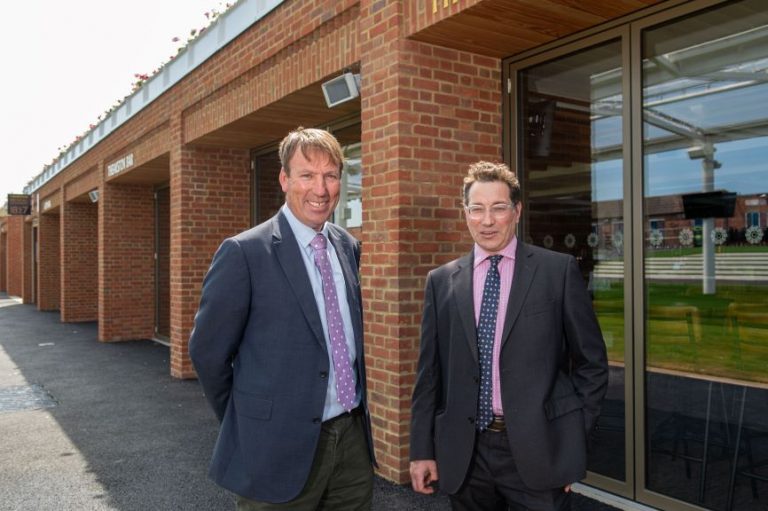Genuit Group, the Leeds-based provider of sustainable water, climate and ventilation solutions for the built environment, has acquired Sky Garden Limited, Omnie and Timoleon.
Sky Garden, acquired for a cash consideration of £2.5m, is a leader in green roof technologies providing design, supply, installation and maintenance services for green and bio-solar roofs, podium decks and green walls.
The business, based in Tewksbury, Gloucestershire, will join the Water Management Solutions (WMS) business unit and will extend the Group’s blue green roof offering. It will provide an additional route to market for Genuit’s Permavoid business, which it complements, and synergies are also expected with the Keytec installation business.
Omnie and Timoleon are leaders in underfloor heating (UFH) board technologies and providers of full UFH system design and supply services. The trade and assets of the group operating the Omnie and Timoleon businesses have been acquired for a cash consideration of £2.7m.
The businesses operate and manufacture in Exeter, Devon and Lomza, Poland. The brands will complement and enhance the Group’s UFH offering and will be part of the Climate Management Solutions (CMS) business unit.
Omnie serves direct customers and the merchant channel whilst Timoleon supplies OEM customers. Strong synergies are expected with the existing Nu-Heat business in CMS and with the Group’s Polypipe UFH offering for new housebuilding in the Group’s Sustainable Building Solutions (SBS) business unit.
Joe Vorih, Genuit Group Chief Executive Officer, said: “We are excited by these acquisitions, which present a compelling opportunity for Genuit and align with our Sustainable Solutions for Growth strategy. They complement our existing portfolio, expand our product offering and will enable us to drive further growth in attractive end markets.
“I am delighted to welcome our new colleagues from Sky Garden, Omnie and Timoleon, and look forward to working together as we continue to address the challenges posed by climate change and urbanisation.”












